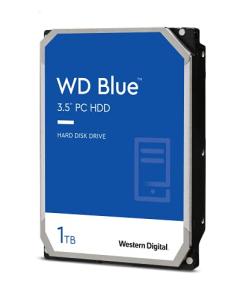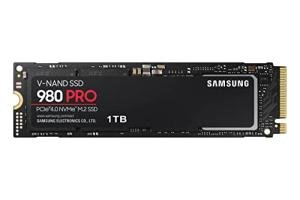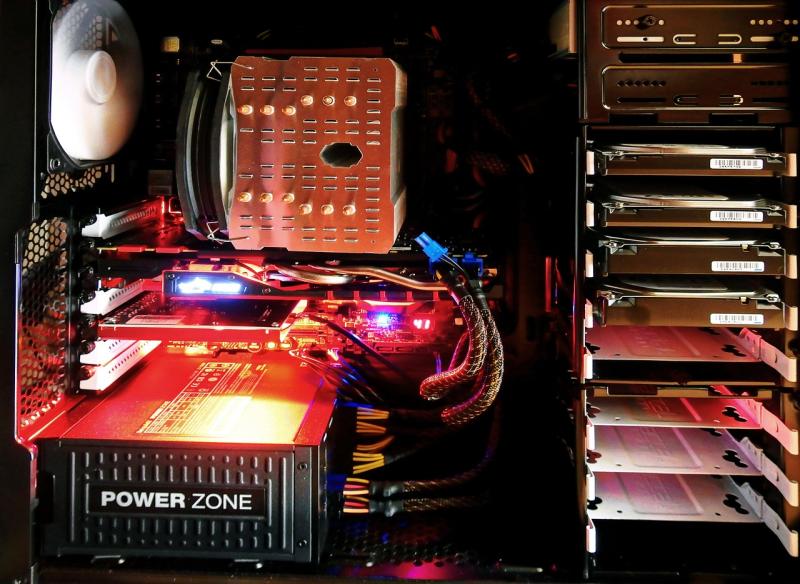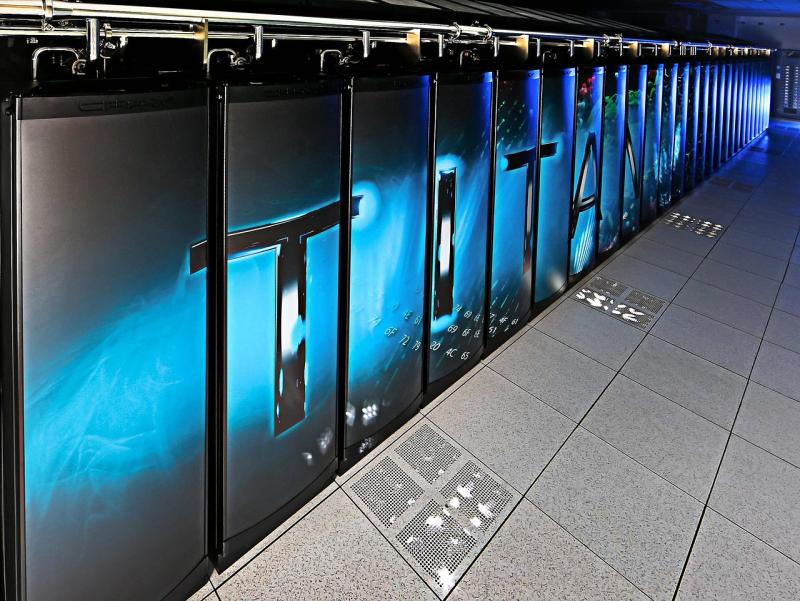**Storage Solutions: Unlocking the Power of Data**
In the digital age, where data drives innovation, productivity, and decision-making, the importance of effective storage solutions cannot be overstated. From personal devices to enterprise-level systems, storage solutions have evolved to accommodate the increasing volume, variety, and velocity of data. This essay delves into the types of storage solutions, their applications, and the pivotal role they play in shaping the future of technology.
---
### **The Purpose of Storage Solutions**
Storage solutions are designed to store, manage, and retrieve data efficiently. They serve as the foundation for all digital operations, enabling individuals and organizations to access, process, and safeguard information. Whether it’s preserving family photos, hosting websites, or analyzing vast datasets, storage solutions ensure that data remains available, secure, and accessible.
---
### **Types of Storage Solutions**
Storage solutions are categorized into three primary types, each offering unique advantages depending on the use case:
1. **Direct-Attached Storage (DAS)**
DAS refers to storage devices directly connected to a computer or server, such as Hard Disk Drives (HDDs), Solid State Drives (SSDs), and USB drives. While cost-effective and straightforward, DAS is best suited for individual users or single-device setups.
2. **Network-Attached Storage (NAS)**
NAS is a centralized storage system connected to a network, enabling multiple devices to access shared data. Ideal for small businesses or households, NAS provides features like file sharing, remote access, and data redundancy.
3. **Storage Area Networks (SANs)**
SANs are high-speed networks that connect multiple storage devices to servers, typically used in large-scale enterprise environments. They offer exceptional performance, scalability, and reliability for mission-critical applications.
4. **Cloud Storage**
Cloud storage solutions, such as Google Drive, Microsoft OneDrive, and Amazon S3, allow users to store and access data online. With benefits like remote accessibility, scalability, and reduced hardware dependence, cloud storage has become a popular choice for individuals and businesses alike.
---
### **Key Factors in Choosing a Storage Solution**
Selecting the right storage solution requires an understanding of specific needs and priorities. Here are some critical factors to consider:
1. **Capacity**
The amount of data a system can store is a fundamental consideration. High-capacity solutions are essential for industries like video production and scientific research.
2. **Speed**
Access speed is vital for real-time applications such as gaming, video editing, and database management. SSDs and SANs are often preferred for their superior read/write speeds.
3. **Scalability**
As data volumes grow, scalable storage solutions like cloud systems or modular SANs ensure that capacity can be expanded without significant disruptions.
4. **Security**
Protecting sensitive data from unauthorized access and cyber threats is a top priority. Many storage solutions offer encryption, firewalls, and redundancy to safeguard information.
5. **Cost Efficiency**
Balancing performance and cost is crucial, especially for small businesses and individual users. Cloud storage offers flexible pricing models, while HDDs provide economical bulk storage.
---
### **Applications of Storage Solutions**
Storage solutions power a wide range of applications across various industries and use cases:
- **Personal Use**: Smartphones, laptops, and external drives store photos, videos, and documents for personal convenience.
- **Business Operations**: Enterprises rely on storage systems for managing customer data, hosting applications, and running analytics.
- **Media and Entertainment**: Video editing, music production, and content streaming depend heavily on high-performance storage solutions.
- **Research and Development**: Scientists and researchers use storage systems to process and analyze massive datasets, such as genomic sequences or climate models.
- **Cloud Services**: Cloud storage underpins online platforms, enabling collaboration, backups, and remote access.
---
### **Future Trends in Storage Solutions**
As technology advances, storage solutions are evolving to meet emerging challenges. Key trends include:
- **NVMe and PCIe Technology**: Non-Volatile Memory Express (NVMe) drives offer faster speeds and lower latency, redefining high-performance storage.
- **Edge Computing**: With the rise of Internet of Things (IoT) devices, storage is increasingly decentralized, enabling localized data processing close to the source.
- **Artificial Intelligence (AI) and Machine Learning**: Storage solutions are being optimized to handle the high demands of AI workloads, with faster data retrieval and higher capacities.
- **Green Storage**: Sustainability is becoming a focus, with energy-efficient storage systems designed to reduce carbon footprints.
---
### **Conclusion**
Storage solutions are the backbone of modern technology, empowering individuals and organizations to harness the power of data. From the simplicity of external drives to the complexity of cloud systems, storage technologies continue to evolve, adapting to ever-changing needs. As data becomes increasingly central to innovation and progress, the importance of choosing the right storage solution will only grow, shaping the future of how we store, manage, and leverage information.
Storage Solutions: Unlocking the Power of Data
From personal devices to enterprise-level systems, storage solutions have evolved to accommodate the increasing volume, variety, and velocity of data.
Related Articles
Essential High-Performance PC Components You Need Now
Upgrade your setup with the must-have parts for unbeatable gaming and productivity
Top Picks for Best High-Performance PCs
Find the perfect power machine for gaming, work, or creative projects
Your Guide to the Best High-Performance PCs
Find the Right PC for Your Gaming and Creative Needs
View our related products
See more







